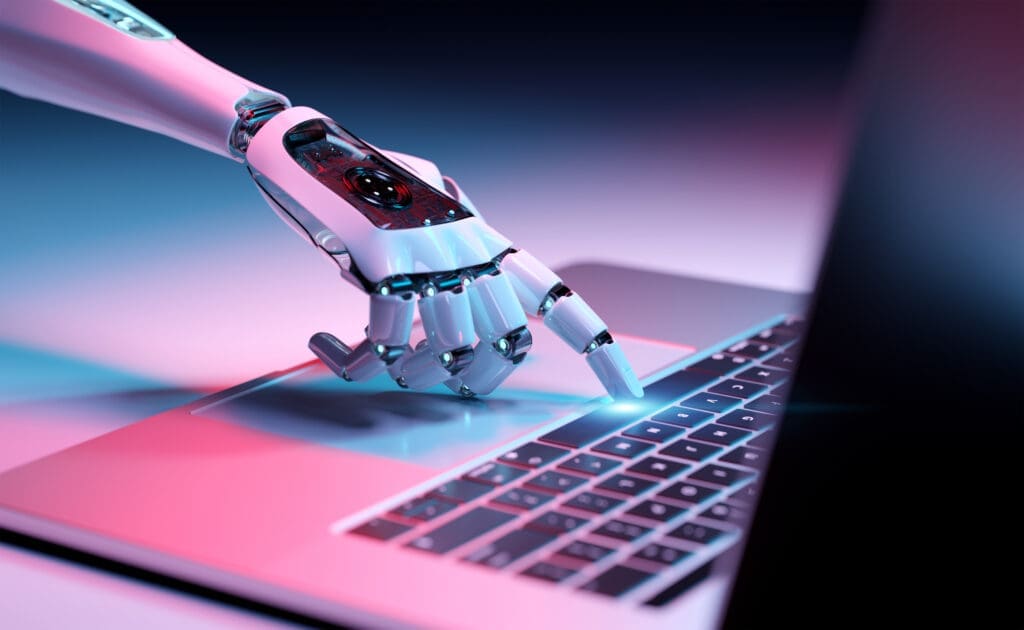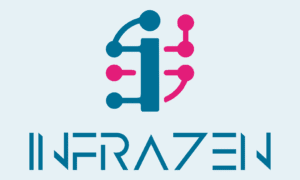
Introduction
In the realm of ancient mythology, tales of gods and mortals have often served as allegories for the human experience and the challenges of advancement. Two such stories, those of Pandora and Prometheus, hold fascinating parallels to the emergence and development of artificial intelligence (AI). These narratives, rooted in Greek mythology, offer insights into the ethical, societal, and technological implications of AI. In this article, we will delve into the stories of Pandora and Prometheus, examining how they resonate with the multifaceted landscape of AI.
Pandora’s Box: Unleashing Curiosity and Chaos
The story of Pandora centers around a woman crafted by the gods, Zeus, Hephaestus, and Athena. Zeus, angered by humanity’s disobedience, ordered the creation of Pandora and gifted her a box containing all the evils of the world. Impelled by curiosity, Pandora opened the box, unwittingly releasing chaos into the world. This narrative serves as a cautionary tale about the consequences of unchecked curiosity and the potential dangers of unbridled technological advancement.
Parallels with AI:
In the context of AI, Pandora’s curiosity reflects humanity’s insatiable thirst for knowledge and innovation. Just as opening the box had unforeseen consequences, our curiosity in AI can lead to unintended outcomes if not carefully managed. As we explore the possibilities of AI, it’s imperative to consider potential pitfalls and ethical dilemmas. Just as Pandora’s box held both negative and positive elements, AI can bring benefits and challenges, underscoring the importance of responsible development and deployment.
Hephaestus, the skilled craftsman in the story, can be seen as an embodiment of the technical prowess required for AI development. Creating AI systems demands intricate design and engineering, akin to Hephaestus’ meticulous craftsmanship. Athena’s involvement, bestowing Pandora with various skills, mirrors the integration of human-like intelligence into AI. As AI evolves, it raises questions about the ethical implications of creating machines that simulate human abilities.
Prometheus’ Fire: Catalyst for Knowledge and Progress
Prometheus, a titan known for his cunning and defiance, is central to the story of humanity’s acquisition of fire, a symbol of knowledge and technological progress. Zeus, angered by Prometheus’ actions, punished him severely. However, Prometheus’ act of defiance brought enlightenment to humanity, paralleling the transformative potential of AI.
Parallels with AI:
Prometheus’ actions can be likened to the pursuit of AI advancements that challenge conventional boundaries. Similar to how fire empowered humanity, AI has the capacity to revolutionize industries, drive innovation, and enhance human capabilities. Yet, like Prometheus, those who push the boundaries of AI must also grapple with consequences and ethical considerations.
Zeus, as the overseeing deity in this tale, mirrors the need for regulatory oversight in AI development. Just as Zeus sought to maintain control over fire, society requires regulations to manage the power and potential risks of AI. The tension between Prometheus’ defiance and Zeus’ authority reflects the delicate balance between technological progress and ethical responsibility in the world of AI.
Conclusion: Navigating the Intersection of Mythology and AI
The stories of Pandora and Prometheus offer timeless insights into the human condition and its interaction with technology. As we navigate the complex landscape of AI, these mythological parallels remind us of the importance of responsible innovation, ethical considerations, and the potential consequences of our actions.
In the realm of AI, our curiosity is a double-edged sword, much like Pandora’s box. We must carefully manage our pursuit of knowledge to avoid unintended chaos. Similarly, the defiance of Prometheus in seeking knowledge echoes the quest for AI advancements that redefine our capabilities.
As AI continues to evolve, the roles of gods like Hephaestus and Athena find their reflections in the technical craftsmanship and human-like intelligence integrated into AI systems. And just as Zeus’ oversight was necessary in these myths, regulatory frameworks are essential to ensure the responsible and safe development of AI.
In the intersection of mythology and AI, we find a rich tapestry of insights that guide us in navigating the uncharted waters of technological progress. By embracing the lessons of the past, we can shape a future where AI serves as a force for good, lifting humanity out of digital poverty and exclusion.
